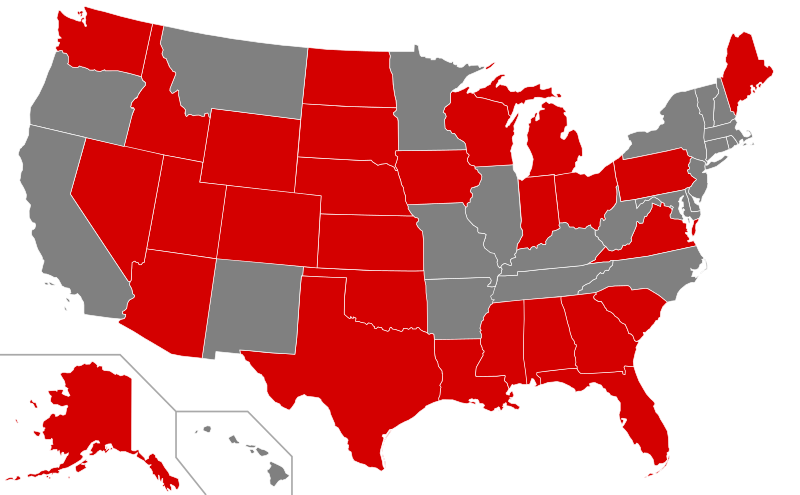Obama administration delays enforcement of the PPACA “employer-mandate”
One of the more well-known provisions of the Patient Protection and Affordable Care Act (PPACA) is being delayed by one year.

Under the PPACA, employers with 50 or more full-time employees and full-time equivalents are required to offer their full-time employees adequate and affordable health insurance beginning January 1, 2014. Failure to offer such coverage would expose employers to potential penalties. However, last night the Obama administration suddenly informed the country that enforcement of the so-called “employer mandate” would be delayed until 2015.
Valerie Jarrett, a senior Obama adviser, said in a blog post announcing the move that the administration decided on the delay so officials could simplify reporting requirements and give employers a chance to adjust their health-care coverage.
It must be noted that, as of now, the requirement that most Americans obtain health insurance by January 1, 2014 (the so-called “individual mandate”) remains in effect.
From our Law Practices Pages:
What makes our law firm different from other law firms?
We have over sixty years of combined experience representing employers in labor relations and employment law matters. We believe that there are numerous advantages for a company to look to a firm that has practiced labor and employment law for many years in both preventing and defending employment discrimination litigation. Our foremost concern is to avoid litigation whenever possible through preventive planning. Our clients consult with us on a regular basis before taking action to avoid labor disputes and costly lawsuits. The best result for a client is the lawsuit that does not happen in the first place.
We have been giving seminars and writing articles for many years on how to avoid litigation through the use of progressive discipline, documentation, consistent treatment, adoption of anti-harassment policies, employee handbooks, and proper training of supervisory staff. We give this advice because we have seen that it has worked for our clients. Our long-term clients who regularly consult with us before taking adverse disciplinary action rarely face litigation over those decisions. Unfortunately, many clients do not come to us until after they have been sued. However, our expertise and experience also benefit these clients. They do not have to pay for an inexperienced attorney’s “learning curve”. Instead, they can take advantage of our combined experience of over sixty years in handling thousands of termination cases so that the merits of each case and possible exposure can be properly assessed.
What are some of the specific areas covered by our firm’s labor and employment law practice?
- Litigation of Employment Discrimination Cases in Federal and State Courts and in Administrative Agencies
- Employee Handbooks
- Development of Anti-Discrimination and Harassment Procedures and Policies
- Training Seminars for Supervisors
- Investigation of Sexual Harassment Cases
- National Labor Relations Board Proceedings
- Collective Bargaining Negotiations
- Union Grievances and Arbitrations
- Union Organizing Campaigns
- Wage and Hour Investigations and Litigation
- Occupational Safety & Health Act (OSHA)
- Development of Affirmative Action Plans
- Immigration Reform and Control Act of 1986
- Worker Adjustment and Retraining Notification Act of 1986 [Plant Closing Law]
- ERISA and Employee Benefits
- COBRA
- Negligent Hiring Cases
- Employee Defamation Suits
- Restrictive Covenants and Trade Secrets Employment Contracts
- Employee Surveillance and Privacy Issues

